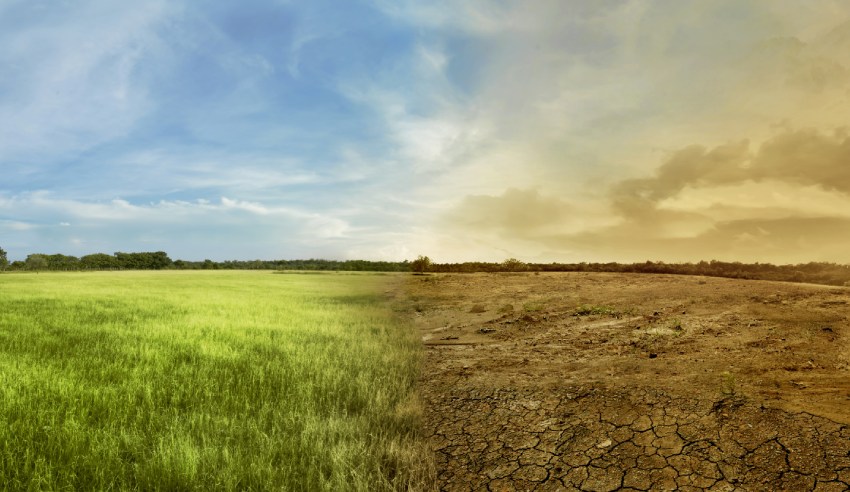A new report finds that a widening range of businesses is being targeted by climate-related litigation cases. It also sees novel strategies being used to impact emissions-producing businesses and supply chains.

The Grantham Research Institute on Climate Change and the Environment (GRI) charted the developments in climate-change litigation across the globe, between May 2021 and May 2022, in its Global trends in climate change litigation: 2022 snapshot policy report.
The GRI found that 40 of the 68 climate-related cases filed against corporations since the beginning of 2021 have been directed at businesses that are not fossil fuel companies. Among those subject to claims were businesses in food and agriculture, transport, plastics, and finance sectors.
Johanna Weißbach, a specialist in dispute resolution at global firm Pinsent Masons, commented on the report: “Although the target of climate change litigation is still often ‘carbon majors’ and other companies involved in the fossil fuel industry, there is a cause for concern for clients who do not operate in this sector that the trend is towards a more diverse range of defendants.
“Not only that, but the increasingly diverse strategies employed by claimants, such as seeking compensation from the company, or seeking to hold directors responsible for failing to manage climate risks, looks set to continue.
“The practical impact is that many organisations and companies that previously thought they were at a low risk of being a defendant could become the target of a claim.”
The GRI’s report highlighted how the range of strategies deployed by litigants in recent years has become increasingly diverse.
Some cases arising seek to “disincentivise companies from continuing with high-emitting activities by requiring changes in corporate governance and decision-making”, the GRI said. Such cases focus on companies’ policies and strategies, and challenge whether they meet human rights and environmental due diligence standards.
Other cases focused on obtaining compensation for victims of climate change harms allegedly caused by businesses.
Some businesses are also being challenged over alleged “climate-washing”, where litigants argue that the public statements made by a business in relation to climate commitments are at odds with the actions they are taking.
Due to mounting pressure for climate-related financial disclosures to be mandated, companies will become increasingly exposed to climate-related claims, explained DLA partner Carmen Elder.
The report also identified that governments are being challenged over their approach to climate targets and policies, litigation targets their implementation of strategies or their lack of ambition. They are also being targeted for alleged misalignment of public finances with climate action.
A significant number of cases were found to impact financial services institutions, with those institutions being accused of failing to manage and disclose both physical and transition risks associated with climate change.
The GRI noted the kinds of climate-related cases predicted to rise in the coming year, such as those attributing personal to particular individuals for contributing to climate risks or failing to adequately manage them.
The report examined the approach of “systemic lawyering”, as a new way of how climate change litigation is being brought. “Systemic lawyering refers to the process of adopting a ‘systems thinking’ approach for lawyering,” the report said.
“It aims to help identify legal interventions that will have the greatest impact, increasing the transformational protentional of legal action.
“That means not necessarily filing a case against a major emitter, but rather identifying the key nodes and links of a certain system (e.g. energy, food) and identifying what interventions are most likely to destabilise those and thus transmit shocks to the system.”
DLA Piper partner Tricia Hobson noted that “organisations which fail to adopt comprehensive environmental, social and governance (ESG) policies will be overly exposed to litigation risk”.
Climate-related litigation expert Michael Fenn of Pinsent Masons said the content of a letter sent by Milieudefensie, a Dutch non-governmental organisation, earlier this year provided a good example of “systemic lawyering”.
Mr Fenn said: “Milieudefensie wrote to 29 companies, including those that produce consumer goods, referring to their operations and business chain ‘causing dangerous climate change’.
“This letter demonstrated the need for companies to consider not only the climate change impact of its own operations, but also the impact of the companies supply chain. If they do not, they may in the future be the subject of novel and strategic climate litigation.”